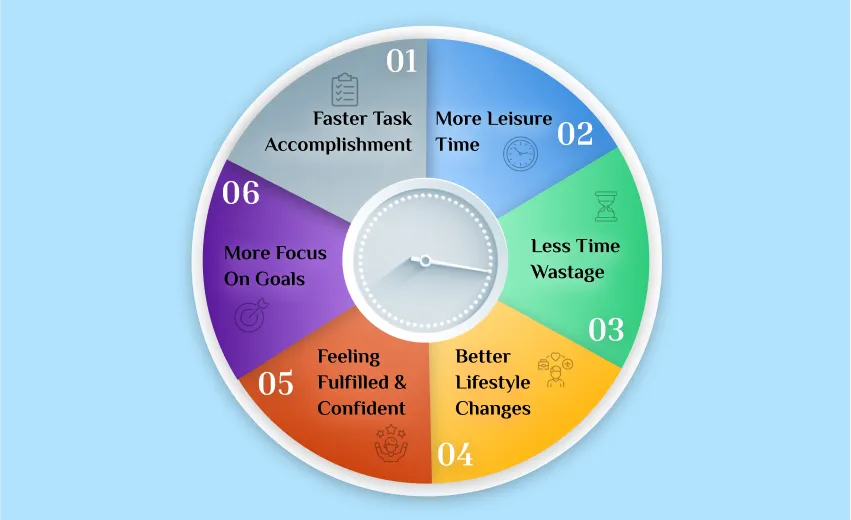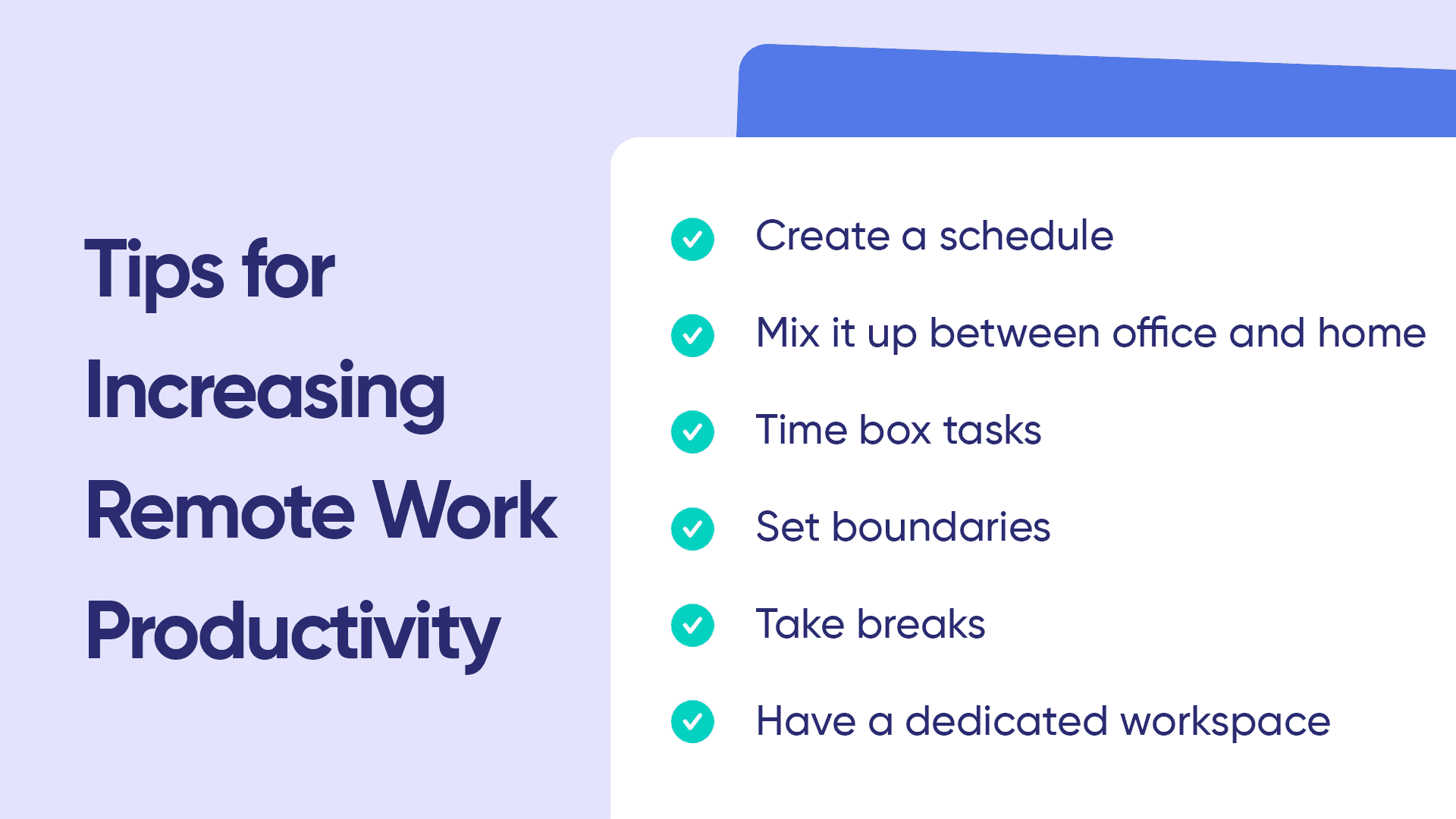In today’s fast-paced world, maintaining concentration has become increasingly challenging. Distractions are everywhere—whether from digital devices, social media, or the constant demands of work and life. However, the ability to focus and concentrate is a vital skill that can significantly enhance productivity, improve learning, and help achieve goals. Fortunately, concentration is not a fixed trait; it can be trained and improved with consistent practice and the right strategies. This article explores various methods to boost concentration, providing practical techniques that can be implemented in daily life.
1. Understand the Science of Concentration
Before diving into strategies, it’s important to understand what concentration actually is. Concentration is the mental ability to focus one’s attention on a specific task while disregarding distractions. It involves controlling cognitive resources, such as memory, attention, and processing speed. Several factors influence concentration, including:
- Mental fatigue: Tiredness can significantly reduce the brain’s ability to concentrate.
- Motivation: Interest and passion for a task can enhance focus.
- External distractions: Environmental noise, interruptions, and multitasking can derail concentration.
Knowing these factors helps in adopting techniques that address each area and improve overall concentration.
2. Practice Mindfulness and Meditation
Mindfulness involves being present in the moment, focusing on your breath, and letting go of distracting thoughts. Regular mindfulness practice trains the brain to stay focused on the present task rather than getting lost in a stream of thoughts. Meditation can also help clear mental clutter and boost concentration by enhancing mental clarity.
How to Practice Mindfulness:
- Start with Breathing Exercises: Focus on your breathing for a few minutes, paying attention to the inhale and exhale. When your mind drifts, gently bring it back to your breath.
- Body Scan: Mentally check in with each part of your body, from your toes to your head, and observe any tension or discomfort. This helps improve body awareness and reduces stress.
Benefits of Mindfulness for Concentration:
- Reduces stress and anxiety, which can cloud focus.
- Enhances the brain’s ability to stay focused for longer periods.
- Increases awareness of distractions, allowing you to return to the task at hand quickly.
3. Break Tasks into Manageable Chunks
Long tasks can feel overwhelming, leading to procrastination and a lack of focus. One effective strategy for improving concentration is breaking large tasks into smaller, more manageable chunks. This approach helps reduce feelings of being overwhelmed and makes it easier to maintain focus.
How to Break Tasks Down:
- Set Clear Milestones: Break down a large task into clear, actionable steps. For example, if you’re writing a report, divide it into research, outlining, writing sections, and revising.
- Use the Pomodoro Technique: Work for 25 minutes, followed by a 5-minute break. After completing four sessions, take a longer break (15-30 minutes). This method can help maintain focus while avoiding burnout.
Benefits of Task Breakdown:
- Makes tasks feel less intimidating, enhancing focus.
- Increases motivation by providing a sense of accomplishment after completing each chunk.
- Helps manage time more effectively.
4. Eliminate Distractions
One of the most common barriers to concentration is external distractions. Whether it’s notifications from your phone, a noisy environment, or interruptions from others, distractions can seriously derail focus. Taking steps to minimize distractions is crucial for improving concentration.
How to Eliminate Distractions:
- Silence Notifications: Turn off unnecessary notifications on your phone or computer to avoid constant interruptions.
- Create a Quiet Workspace: Find a space that minimizes noise and visual distractions. If working in a noisy environment is unavoidable, consider using noise-canceling headphones.
- Set Boundaries with Others: Politely inform coworkers, friends, or family when you need undisturbed time for focused work.
Benefits of Reducing Distractions:
- Allows you to focus on one task at a time, increasing efficiency.
- Reduces cognitive overload, helping your brain maintain focus for longer periods.
- Promotes a sense of control over your environment, reducing stress.
5. Stay Organized and Plan Ahead
A cluttered workspace or a disorganized schedule can make it difficult to concentrate. When your surroundings are chaotic, your mind may mirror that state, making it harder to focus. Staying organized can help create a more conducive environment for concentration.
How to Stay Organized:
- Declutter Your Workspace: Keep only the essentials on your desk and store away anything unrelated to your current task.
- Plan Your Day: Use a to-do list or planner to organize your day. Prioritize tasks and allocate time blocks to each activity.
- Use Digital Tools: Leverage productivity apps such as Trello, Notion, or Google Calendar to track tasks and deadlines.
Benefits of Organization for Concentration:
- Reduces mental clutter, allowing your brain to focus more effectively.
- Increases productivity by ensuring you stay on track and meet deadlines.
- Boosts motivation by helping you visually see progress.
6. Maintain a Healthy Lifestyle
Physical health plays a significant role in mental clarity and concentration. Regular exercise, a balanced diet, and sufficient sleep can all contribute to better cognitive function and focus.
How to Improve Your Lifestyle:
- Exercise Regularly: Engage in physical activity, such as walking, running, or yoga, to boost brain function and improve focus.
- Eat Nutrient-Dense Foods: Include foods rich in antioxidants, healthy fats, and proteins, such as leafy greens, nuts, and fish, to support brain health.
- Get Enough Sleep: Aim for 7-9 hours of sleep each night. Poor sleep can impair cognitive function and concentration.
Benefits of a Healthy Lifestyle for Concentration:
- Boosts energy levels and brain function.
- Reduces stress and mental fatigue, leading to better focus.
- Improves mood and mental clarity, making it easier to concentrate on tasks.
7. Practice Regular Breaks
Working for long periods without breaks can lead to mental fatigue, making it difficult to maintain focus. Taking regular breaks allows your brain to rest and recharge, ultimately improving concentration.
How to Take Effective Breaks:
- Use the Pomodoro Technique: As mentioned earlier, work for 25 minutes followed by a 5-minute break. During breaks, stand up, stretch, or take a short walk.
- Engage in Relaxing Activities: During breaks, avoid working or engaging in tasks that require focus. Instead, try activities like stretching, listening to music, or meditating.
Benefits of Regular Breaks:
- Prevents burnout and mental fatigue, helping you stay focused for longer periods.
- Increases productivity by providing time for relaxation and rejuvenation.
- Promotes creativity and problem-solving after a mental reset.
8. Train Your Brain with Mental Exercises
Like physical exercise strengthens the body, mental exercises can help improve concentration and cognitive function. These exercises stimulate the brain, enhance memory, and improve overall mental agility.
How to Train Your Brain:
- Practice Puzzles and Games: Engage in activities like crossword puzzles, Sudoku, or memory games to challenge your brain.
- Learn New Skills: Whether it’s picking up a new language, musical instrument, or hobby, learning something new strengthens neural connections and improves focus.
- Use Visualization Techniques: Practice visualizing success in your tasks or goals. This mental rehearsal helps train the brain to stay focused on desired outcomes.
Benefits of Brain Training:
- Improves cognitive function and concentration.
- Strengthens mental endurance, allowing you to focus for longer periods.
- Enhances problem-solving and decision-making skills.
9. Cultivate Patience and Self-Compassion
It’s important to recognize that improving concentration takes time and effort. Be patient with yourself and avoid self-criticism if you find it challenging to focus. Practicing self-compassion can reduce stress and enhance your ability to concentrate.
How to Cultivate Patience:
- Set Realistic Expectations: Understand that building concentration is a gradual process. Set achievable goals and celebrate small victories.
- Be Kind to Yourself: If your mind wanders, gently guide it back without judgment. Self-criticism only adds to stress and reduces concentration.
Benefits of Patience and Self-Compassion:
- Reduces stress and frustration, creating a more conducive environment for focus.
- Promotes a growth mindset, where improvement is seen as a process rather than an immediate result.
- Enhances emotional well-being, which supports better concentration.
Conclusion
Improving concentration is a gradual process that requires dedication and consistency. By adopting strategies such as mindfulness, task breakdown, and reducing distractions, you can significantly enhance your ability to focus. Additionally, maintaining a healthy lifestyle, organizing your environment, and taking regular breaks will support sustained concentration over time. Remember, concentration is a skill that can be developed, and with practice, you’ll find yourself more productive and engaged in your tasks.
By applying these methods consistently, you can boost your concentration, leading to greater productivity and success in your personal and professional life.




